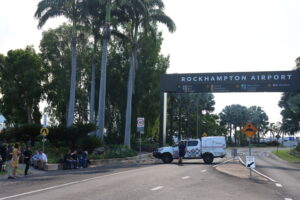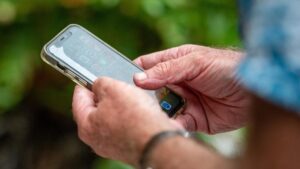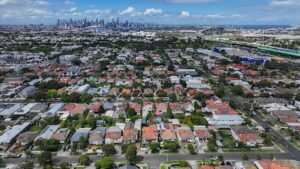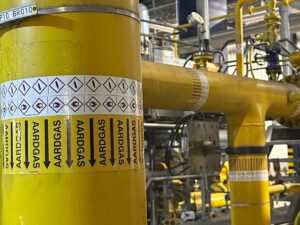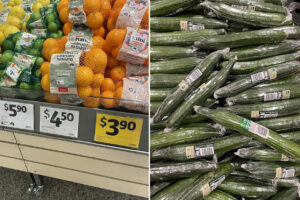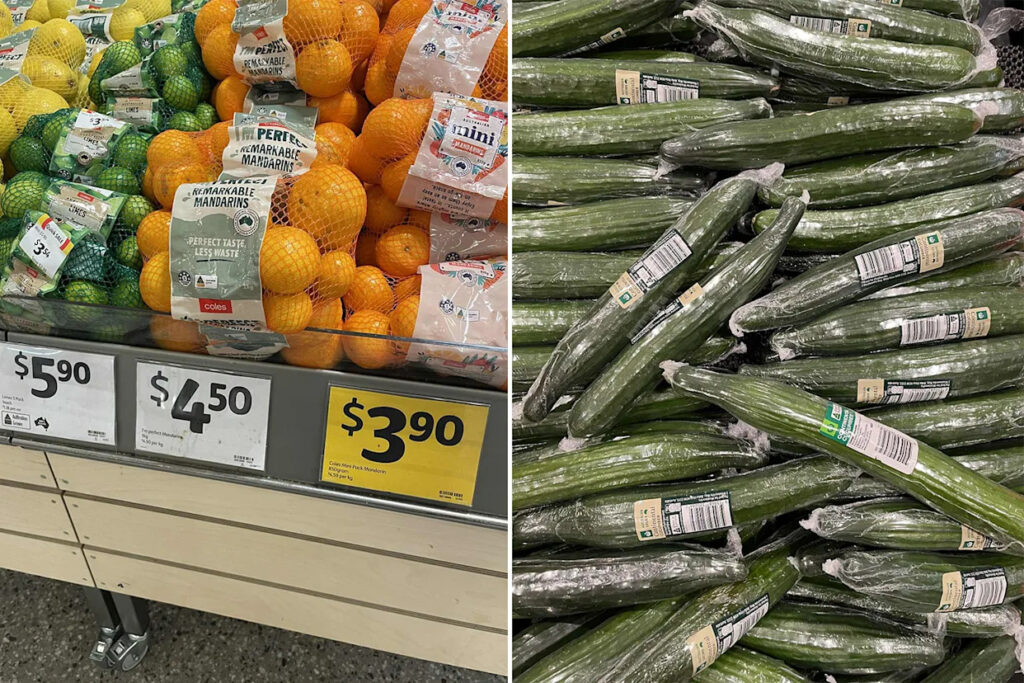
Australia’s largest supermarket chains, including Woolworths, Coles, and Aldi, are under significant scrutiny for their plastic waste management practices. A recent audit conducted by the Australian Marine Conservation Society (AMCS) and the Boomerang Alliance has highlighted discrepancies between the retailers’ environmental claims and their actual performance, particularly concerning pricing strategies that penalize customers opting for loose produce.
The audit revealed that in nearly 73 percent of cases, loose fruits and vegetables are more expensive than their plastic-wrapped counterparts. This trend effectively disincentivizes consumers from making environmentally friendly choices. For instance, the report cited that loose oranges averaged $4.24 per kilogram, compared to $2.49 for the pre-packaged variety. Such findings raise concerns about the authenticity of the supermarkets’ green initiatives.
Woolworths, Coles, and Aldi all responded to the report, defending their practices and asserting that they have made significant strides in reducing plastic consumption. Despite these claims, AMCS Program Manager Tara Jones criticized the supermarkets for “sweeping the plastic pollution crisis under the shelf,” while plastic waste continues to accumulate in oceans and on beaches.
Audit Highlights and Supermarket Responses
The data collected for this year’s audit, which involved hundreds of volunteer shoppers, assessed the supermarkets based on transparency, reduction, reuse, recycling, and governance. It combined survey responses, public data, and mystery shopping to evaluate their performance. Woolworths scored the highest with a plastic performance score of 38 percent, while Aldi trailed with just 14 percent.
Woolworths’ overall performance remained stable, with improvements noted in reducing plastic and setting deadlines for eliminating problematic packaging. The retailer reported cutting down its virgin plastic usage by 3,200 tonnes, although the report cautioned that without transparent reporting, it is challenging to measure overall progress. Meanwhile, Coles faced criticism for limited transparency and engagement, despite having removed over 600 million pieces of conventional plastic since 2021.
Aldi, which has not released a sustainability report for 2024, received the lowest score for its lack of public reporting and failure to disclose its packaging footprint. The report also indicated that while Aldi initially exhibited leadership in sustainability, it has since scaled back its reporting and commitment to reducing plastic waste.
The Bigger Picture: Australia’s Plastic Reduction Goals
The audit comes at a time when New South Wales has enacted a comprehensive ban on common single-use plastic items, aiming to mitigate environmental impacts. Despite these regulatory efforts, the report warns that Australia is still far from meeting its 2025 packaging reduction targets. The primary factor cited is the major grocery retailers’ tendency to prioritize convenience and profit over meaningful environmental reform.
In response to the audit’s findings, Woolworths emphasized its accomplishments, stating that it has eliminated more than 20,000 tonnes of virgin plastic from its Own Brand products since 2018 and has met the National Packaging Target set by the Federal government. Coles echoed similar sentiments, asserting its commitment to reducing unnecessary plastic while maintaining product protection and hygiene.
Aldi, in turn, highlighted its focus on sustainable packaging, reporting that 87.1 percent of its exclusive brand packaging is now recyclable, reusable, or compostable. The company claims to have avoided 4,222 tonnes of plastic since 2019 and has increased its use of recycled content.
As the conversation around sustainability intensifies, the actions of these major supermarkets will be closely monitored by consumers and environmental advocates alike. The audit serves as a crucial reminder of the ongoing challenges in achieving genuine progress toward reducing plastic waste in Australia.
